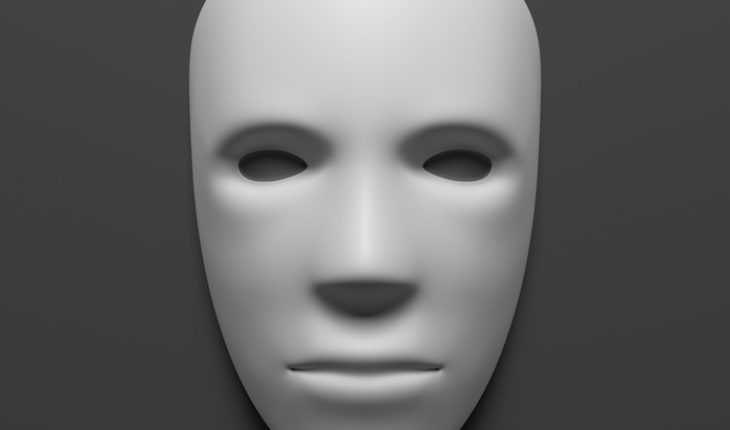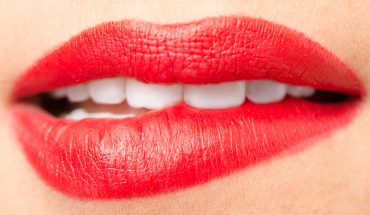Despite acne being so common, there are still many misconceptions that surround it. Myths include that sufferers are dirty or don’t wash properly, that their diet is poor or that they will ‘grow out of it’. These myths play a huge part in the stigma surrounding the condition and the perception of it by non-sufferers.
In fact, British Skin Foundation statistics show that teenagers can often be bullied by friends, family and even people they don’t know.
British Skin Foundation statistics show that teenagers with acne can often be bullied by friends, family and even people they don’t know.
Our survey of 10-18 year olds with acne found that
- 62% reported being verbally abused by friends, family or a person they know
- 40% reported being verbally abused by a member of the public
- 46% reported being bullied regularly
Worryingly, this can lead to thoughts of self-harm or even suicide.
- 19% have contemplated suicide due to their acne, with another 4% actually attempting suicide
- 19% have considered self-harm and a further 16% have actually self-harmed
More positively, our survey discovered that almost half (48%) of 10-18 year-olds surveyed rely on their family for support for their acne.
It also revealed that over half (52%) of those surveyed have tried five or more treatments for their acne.
Acne is a disorder of the pilosebaceous unit in skin, which is composed of a sebaceous gland (oil producing gland), hair follicle, and hair. It develops due to a complex interaction between excess oil production, bacterial proliferation, and “sticky” skin cells lining the hair follicle, which lead to inflammation.
Acne can have a number of appearances. It can present as a combination of comedones (blackheads and whiteheads), pus-filled spots (pustules) or deep painful red cysts. Its severity can vary from a few spots on the face, neck, back and chest to a more significant problem that may cause scarring and profound impact on self-confidence.
For the majority of people, it is a treatable skin disorder, and having suffered with it myself, I really do feel that no one should just have to live with it. A good dermatologist can offer a large number of potential treatments that can be tailored to the individual. Unfortunately, the skin is such a visible organ, that it’s only natural that self-esteem is so closely tied to it.
People do underestimate acne and the impact it has on those suffering with it. I think these results highlight that acne should be taken far more seriously. It is important to seek help and advice early before scarring (be that mental or physical) develops and request referral to a dermatologist if treatments aren’t working. We also need to investigate the psychological burden of this further.
- The spots you miss with sunscreen - 27th July 2020
- Sunscreen: the spots you miss - 13th July 2018
- Protecting young skin from UV radiation - 24th April 2017







